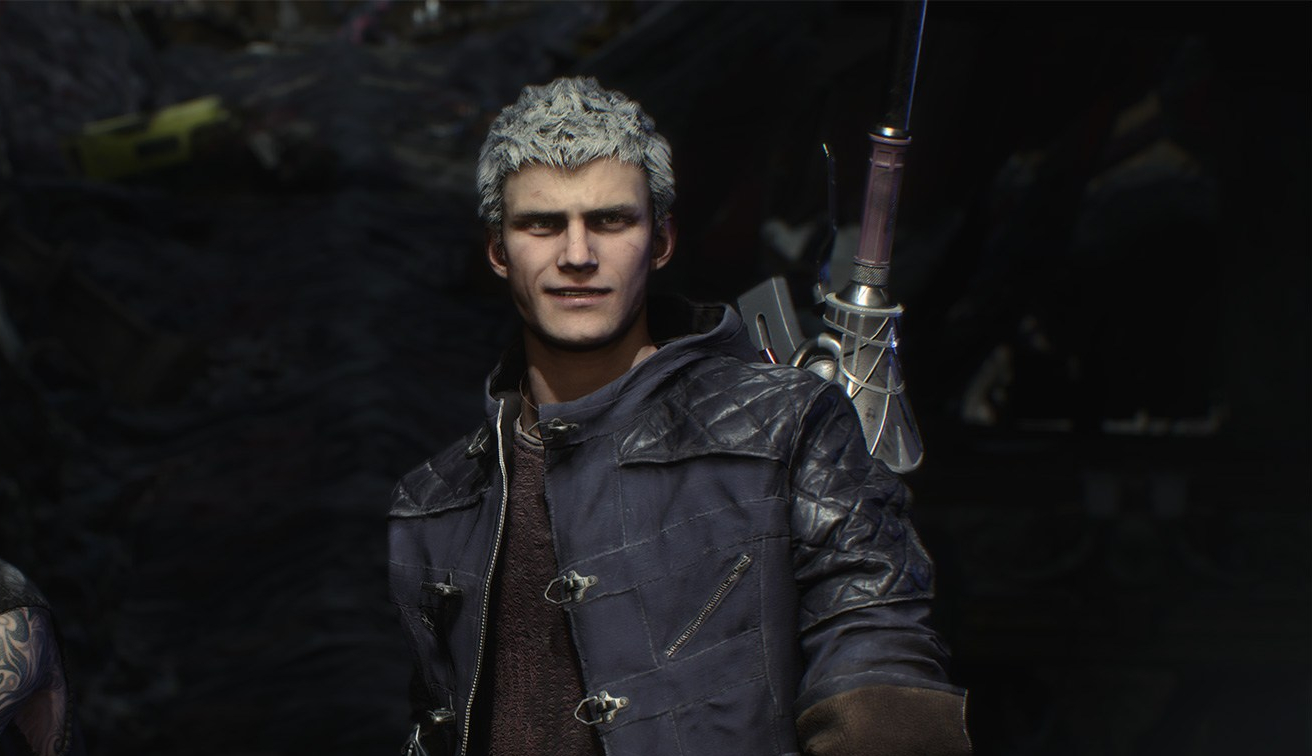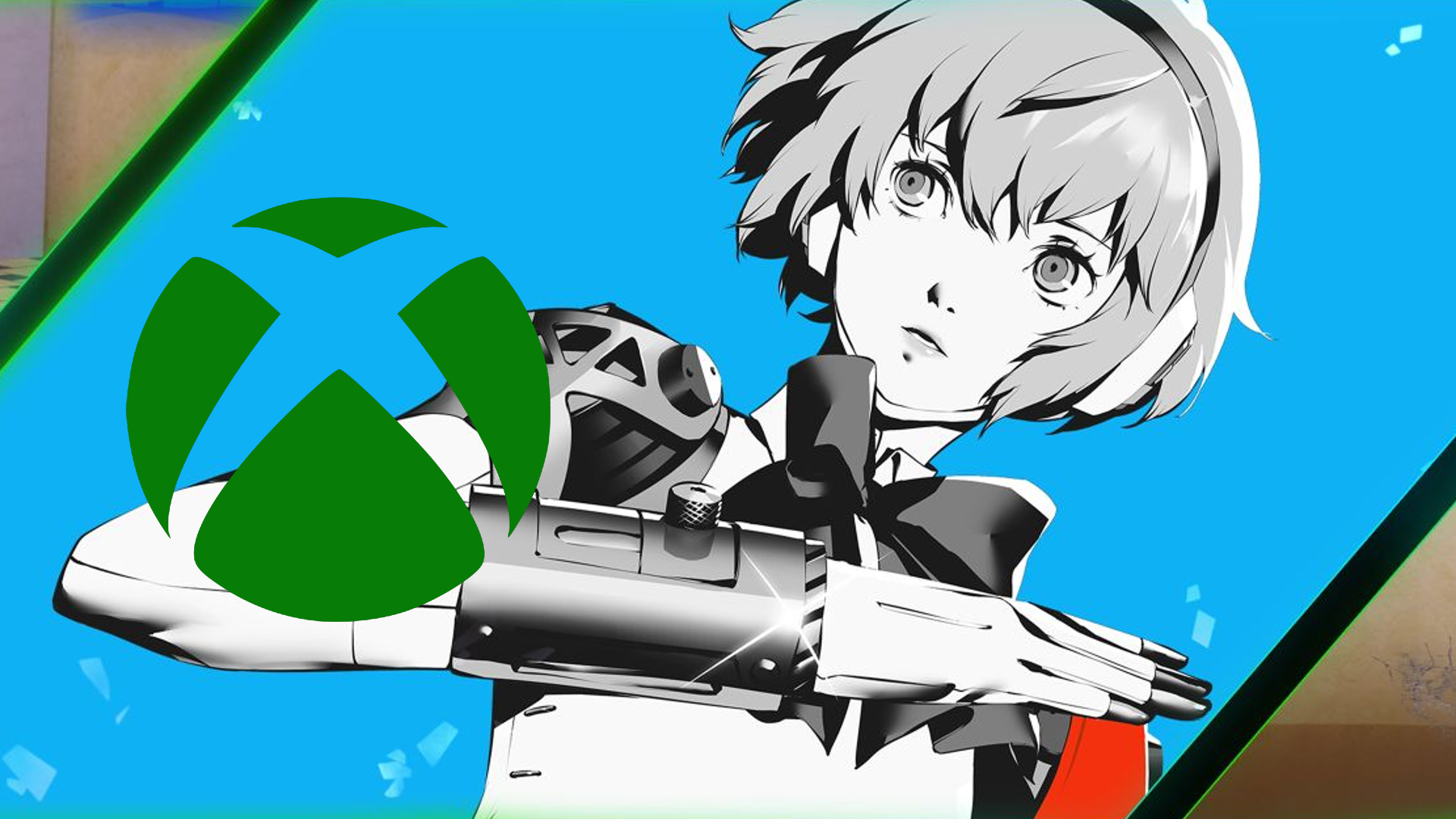

Write what you are looking for and press enter to begin your search!
Live News


Duck Paradox Review: A Quack At Masochistic Platformers
 ">
">
By Lewis LarcombeVerified|October 9, 2024|0 Comment
Platform(s): PC (version reviewed)
Genre: Retro Platform Shooter
Duck Paradox, the debut title from Magic Games, is a quirky platformer that throws you headfirst into the chaos of space-time, hunting down a misplaced pet duck. If the premise sounds wacky—or quacky—it’s because it is. With a title like Duck Paradox, you expect a certain level of eccentricity, and the game certainly delivers on that front.
However, beyond the surface of its vibrant pixel art and clever wordplay, does Duck Paradox manage to swim through the murky waters of the platformer genre, or does it get lost in its own paradoxical quagmire?

At first glance, Duck Paradox seems like a love letter to old-school platformers, combining familiar elements of precision jumping, roguelike mechanics, and bullet-hell chaos. You play as Dr. Paraducks, an interdimensional scientist with an unfortunate duck-related predicament—her beloved pet Quark has gone missing in the space-time continuum, and Dr. Paraducks takes it upon herself to navigate perilous worlds to find him. Armed with a ray gun, you’ll traverse neon-lit, hazard-laden landscapes filled with enemy ducks that aren’t quite what they seem.
What makes Duck Paradox stand out initially is its unique twist: your bullets ricochet indefinitely. Every shot you miss bounces back with a vengeance, meaning that each misfire might be the thing that sends you spiralling into the afterlife. It’s a genuinely clever mechanic that adds a layer of strategy to an otherwise fast-paced game. You’re not just dodging enemies and environmental hazards—you’re dodging your own shots, too.
This mechanic is undeniably fun in the beginning. It’s a fresh take on platforming that feels like a puzzle in motion. You start planning each shot carefully, calculating whether it’s worth the risk of having it bounce around the screen and become an additional obstacle. The learning curve is steep but fair, rewarding precision and planning rather than button-mashing or speed.

Unfortunately, the honeymoon period with Duck Paradox ends sooner than you’d like. The ricocheting bullets, while an interesting concept, quickly shifts from a fun challenge to a maddening one. As the levels progress, the sheer chaos of bouncing projectiles becomes overwhelming, and what was once a clever mechanic turns into a source of frustration.
Particularly in the boss battles—looking at you, Disco Duck—Duck Paradox stumbles. The Disco Duck fight occurs in a cramped room where avoiding your ricocheting shots feels more like luck than skill. It’s a jarring difficulty spike that feels unbalanced, and not in the “it’s tough but fair” way you’d expect from a roguelike. Instead, it borders on unfairness, making you question whether the level design was properly play-tested or simply left as an afterthought.
The difficulty scaling in general is inconsistent. Some levels flow nicely, offering a reasonable challenge, while others ramp up the chaos without enough room for strategic thinking. It leaves you with a sense of randomness, where success feels more about surviving the mess than mastering the mechanics.

If there’s one thing Duck Paradox gets right, it’s its aesthetic. The pixel art is vibrant and nostalgic, evoking a retro charm that will appeal to fans of old-school arcade games. Each level pops with bright colours and creative environmental design, even if the platforming elements themselves start to feel repetitive after a while.
The sound design is equally charming, with plenty of quacks, beeps, and boops to keep the mood light-hearted, even when you’re dying for the hundredth time thanks to your own stray bullet. The music is energetic, fitting the pace of the game perfectly, although it does little to calm your nerves during the more frantic stages.

Where Duck Paradox falters is in its depth—or lack thereof. Beyond the ricochet mechanic, the game doesn’t offer much in the way of variety. While the levels themselves are well-designed, the experience becomes repetitive faster than you’d expect. You’re essentially performing the same set of actions over and over, without any major gameplay evolution to keep things feeling fresh.
For a roguelike platformer, that’s a bit of a problem. The genre thrives on rewarding the player’s perseverance with new abilities, strategies, or progression systems that help them tackle tougher challenges. Duck Paradox doesn’t do much of that. It throws more ducks, more bullets, and more chaos at you, but it never introduces meaningful new mechanics or surprises to make you feel like you’re growing as a player.

Ultimately, the Duck Paradox is a mixed bag. On the one hand, it introduces a unique bullet-hell platforming mechanic that feels innovative and fun—at first. On the other hand, it’s a game that overstays its welcome, leaning too heavily on that one mechanic without offering enough variety to keep things fresh.
There’s enjoyment to be had in short bursts, and the challenge will appeal to those who thrive on roguelike masochism. But for the average player, the frustration of dodging your own bullets will likely outweigh the charm of its quirky concept.
If you’re a hardcore platformer fan who enjoys self-inflicted chaos and you’ve got a soft spot for ducks, Duck Paradox might just quack you up. But for the rest of us, it’s cute, clever, but ultimately a bit featherbrained.
Review copy provided by publisher.

By Alleef AshaariVerified|August 15, 2024
SEGA and Two Point Studios have announced the museum management simulation game Two Point Museum for PS5, Xbox Series X/S, and PC (Steam). However,...

By Jonathan ToyadVerified|March 14, 2019
What happens when you create a great game that upholds the legacy of your most-cherished game-changing franchise in your native country? You have a lo...

By Alleef AshaariVerified|March 7, 2024
The Xbox Partner Preview March 2024 live stream took place earlier today and it was full of games. The biggest announcements and reveals included bran...

By Jonathan Toyad|April 9, 2025

By Kakuchopurei|April 2, 2025

By Kakuchopurei|March 31, 2025

By Jonathan Toyad|March 28, 2025

By Kakuchopurei|February 17, 2025

By Ali'sha Harris|February 16, 2025

By Lewis Larcombe|April 30, 2025

By Jonathan Toyad|April 30, 2025

By Jonathan Toyad|April 9, 2025

By Kakuchopurei|April 2, 2025

By Kakuchopurei|March 31, 2025

By Jonathan Toyad|March 28, 2025

By Kakuchopurei|February 17, 2025

By Ali'sha Harris|February 16, 2025

By Jonathan Toyad|April 9, 2025

By Kakuchopurei|April 2, 2025

By Kakuchopurei|March 31, 2025

By Jonathan Toyad|March 28, 2025

By Kakuchopurei|February 17, 2025

By Ali'sha Harris|February 16, 2025
Copyright @ Kakuchopurei 2025